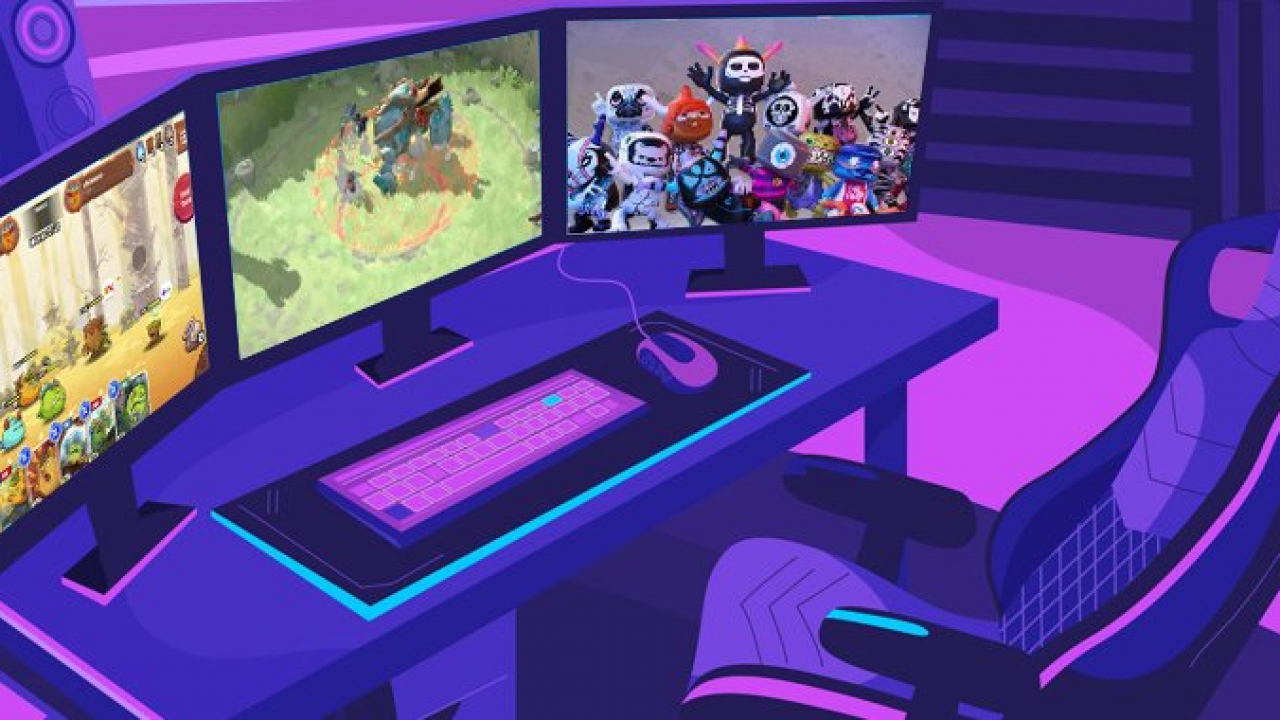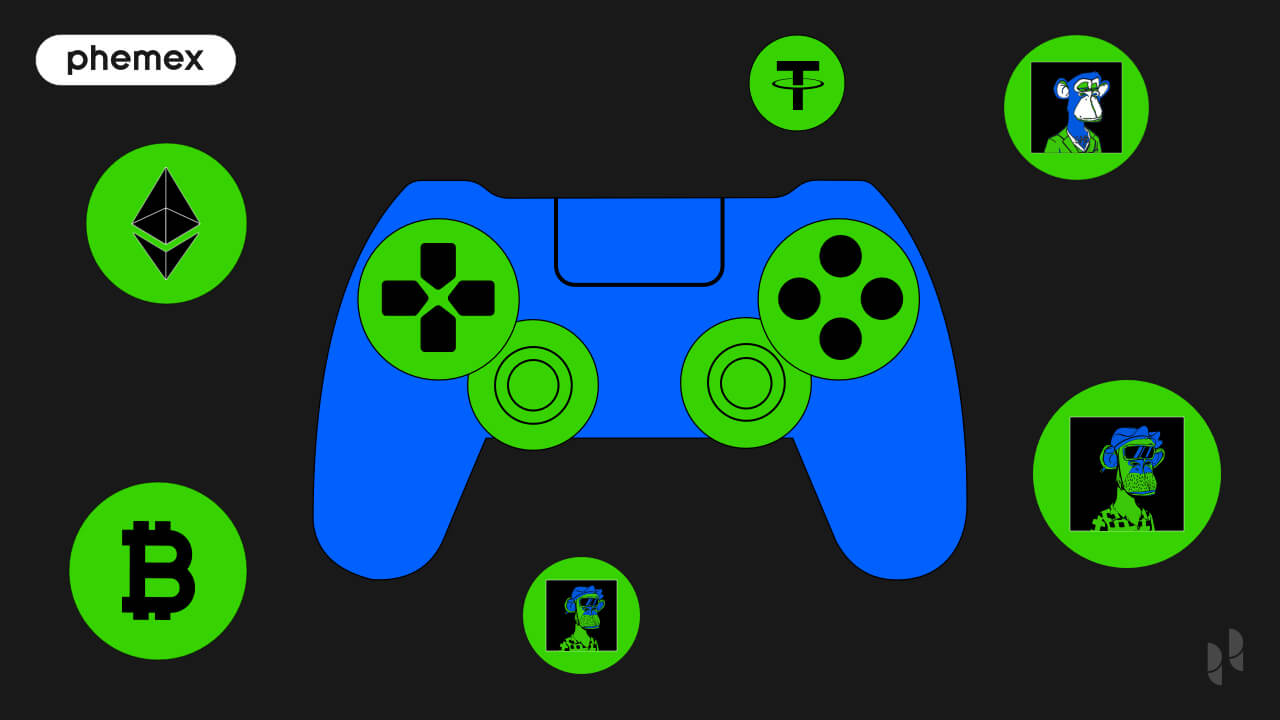Key Takeaways:
- P2E games empower users with real asset ownership and community governance.
- Legal and economic hurdles still challenge the model’s global scalability.
- Titles like WorldShards and Decimated highlight P2E’s growing creative maturity.
As blockchain technology becomes more integrated into mainstream entertainment, Play-to-Earn (P2E) gaming continues to revolutionize how players interact with virtual worlds. Offering real asset ownership, tokenized economies, and global community engagement, P2E games are now a central pillar in the Web3 ecosystem.
What Sets P2E Apart in 2025?
Unlike traditional video games, where in-game assets remain under the publisher’s control, P2E titles grant players true ownership. Items, land, and avatars are tokenized as NFTs, allowing them to be traded or sold on open markets. Whether you’re completing quests in WorldShards or buying virtual real estate in Decentraland, every achievement has potential real-world value.
Interoperability is also on the rise. Players may soon carry their NFT assets between different Web3 games, unlocking new forms of digital continuity and personalization. Platforms such as Ronin, Immutable, and Base are powering these cross-game economies.
Also read: Web3 Is Already Here: 7 Surprising Ways It’s Changing Your Everyday Life
Legal and Economic Complexities
Despite its innovation, the P2E space faces regulatory hurdles. Classifying game tokens—whether as securities or digital collectibles—affects compliance requirements worldwide. Taxation also poses challenges, especially in regions where digital income reporting lacks clarity.
Child labor concerns have arisen too, particularly in countries where minors can earn substantial rewards. In response, some platforms are instituting Know Your Customer (KYC) and Anti-Money Laundering (AML) procedures to better regulate access and withdrawals.
The Double-Edged Sword: Benefits and Risks
P2E gaming offers substantial advantages, especially in emerging markets where players earn more than through traditional employment. It fosters financial literacy by exposing users to crypto wallets, DeFi protocols, and token management.
Yet sustainability remains a concern. Many projects collapsed between 2021 and 2023 due to flawed tokenomics and over-rewarding. Developers today are shifting toward “Play and Earn” models that prioritize enjoyable gameplay, with rewards as a secondary incentive to retain user interest.
Notable P2E Games of 2025
Several standout titles are pushing the envelope this year:
- WorldShards: Fantasy MMO with airdrop rewards and player-owned economies
- Sipher Odyssey: Sci-fi roguelite that migrated to the Funki chain
- Off the Grid: Cyberpunk shooter on the GUNZ blockchain
- Wanderers: Story-driven project blending exploration and NFTs
- Decimated: Dystopian survival RPG with alpha access on Epic Games
- Others gaining traction include Engines of Fury, Kokodi, and Immortal Rising 2.
Conclusion
The Play-to-Earn model is no longer just about earning tokens—it’s about redefining value, participation, and ownership in digital environments. As regulatory clarity improves and developers innovate with more balanced economies, P2E gaming could become a blueprint for how we work, play, and build in the decentralized web.
Disclaimer: The information in this article is for general purposes only and does not constitute financial advice. The author’s views are personal and may not reflect the views of GameDegen.com. Before making any investment decisions, you should always conduct your own research. GameDegen.com is not responsible for any financial losses.




